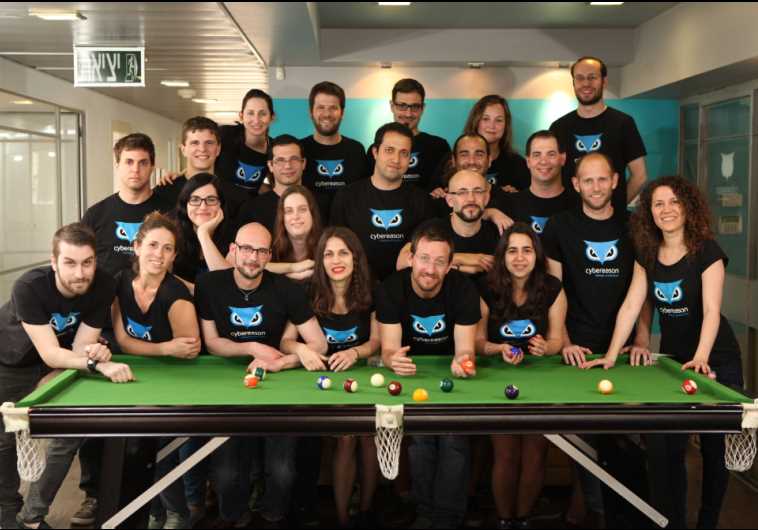Israel's Cybereason lands estimated $10m Lockheed Martin investment
Cybereason’s tool conducts investigations on suspicious activities and designs alerts in a visually compelling, easy to understand way.
 The Cybereason team in its Tel Aviv offices. (photo credit: CHEN GALILI)
The Cybereason team in its Tel Aviv offices. (photo credit: CHEN GALILI)